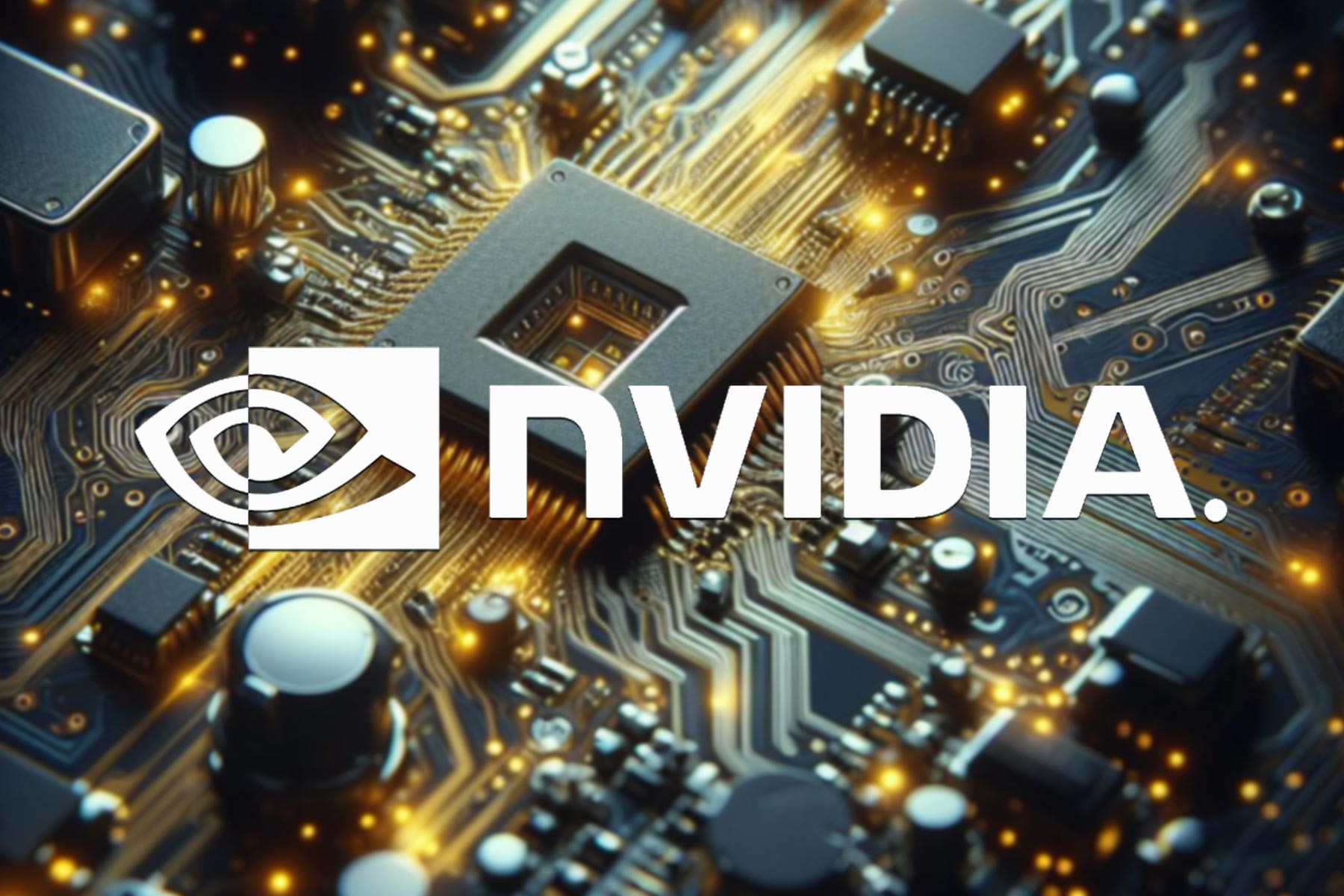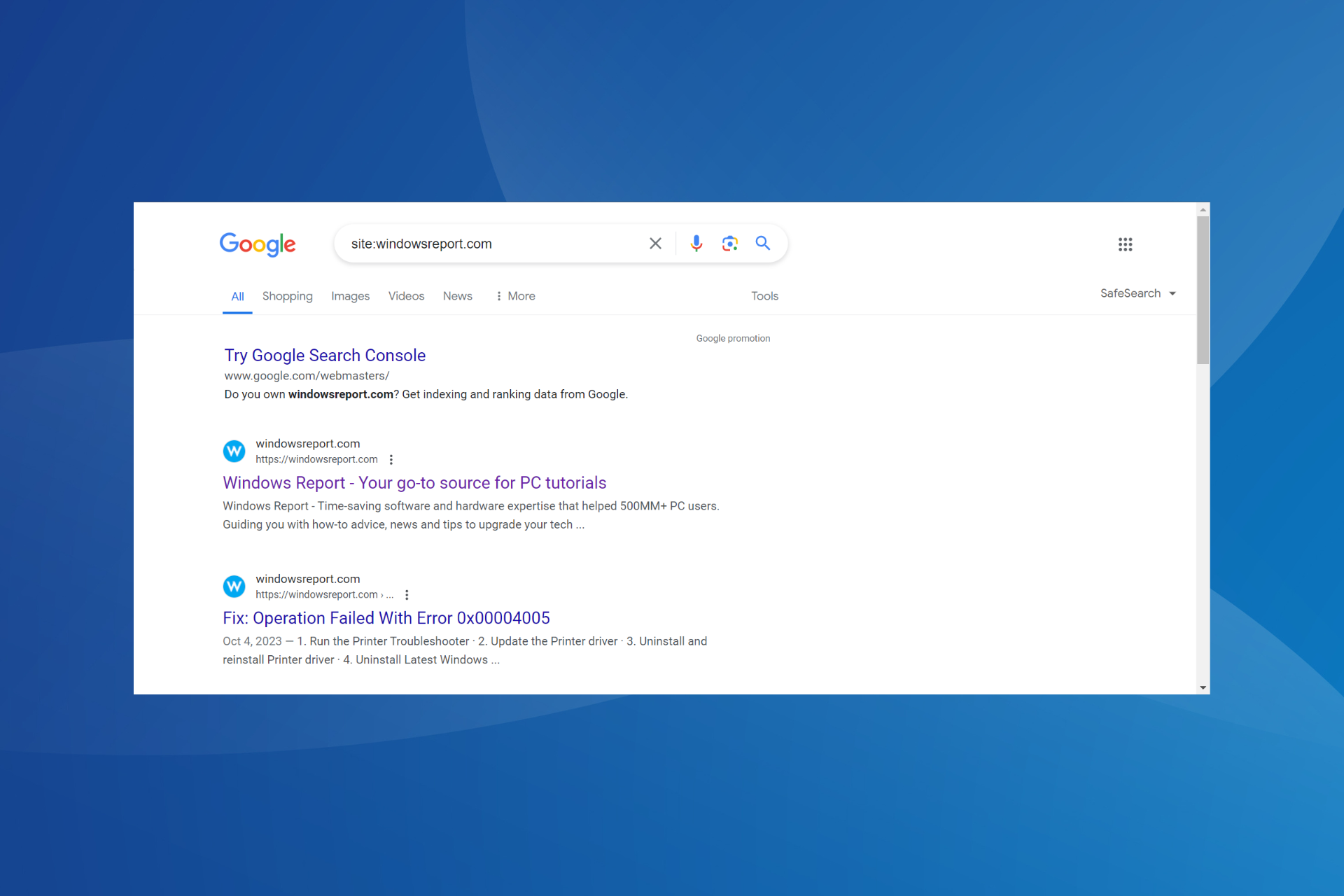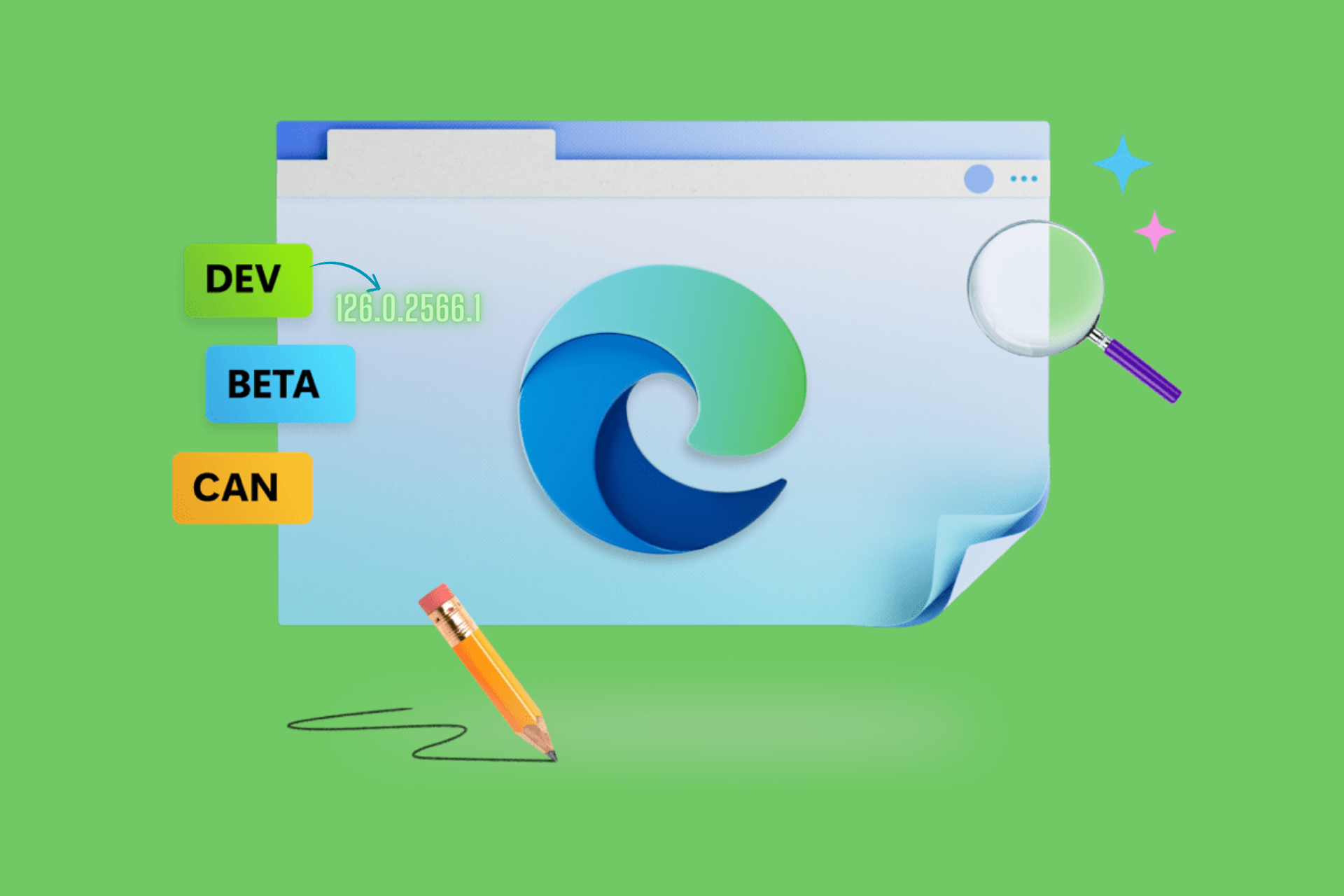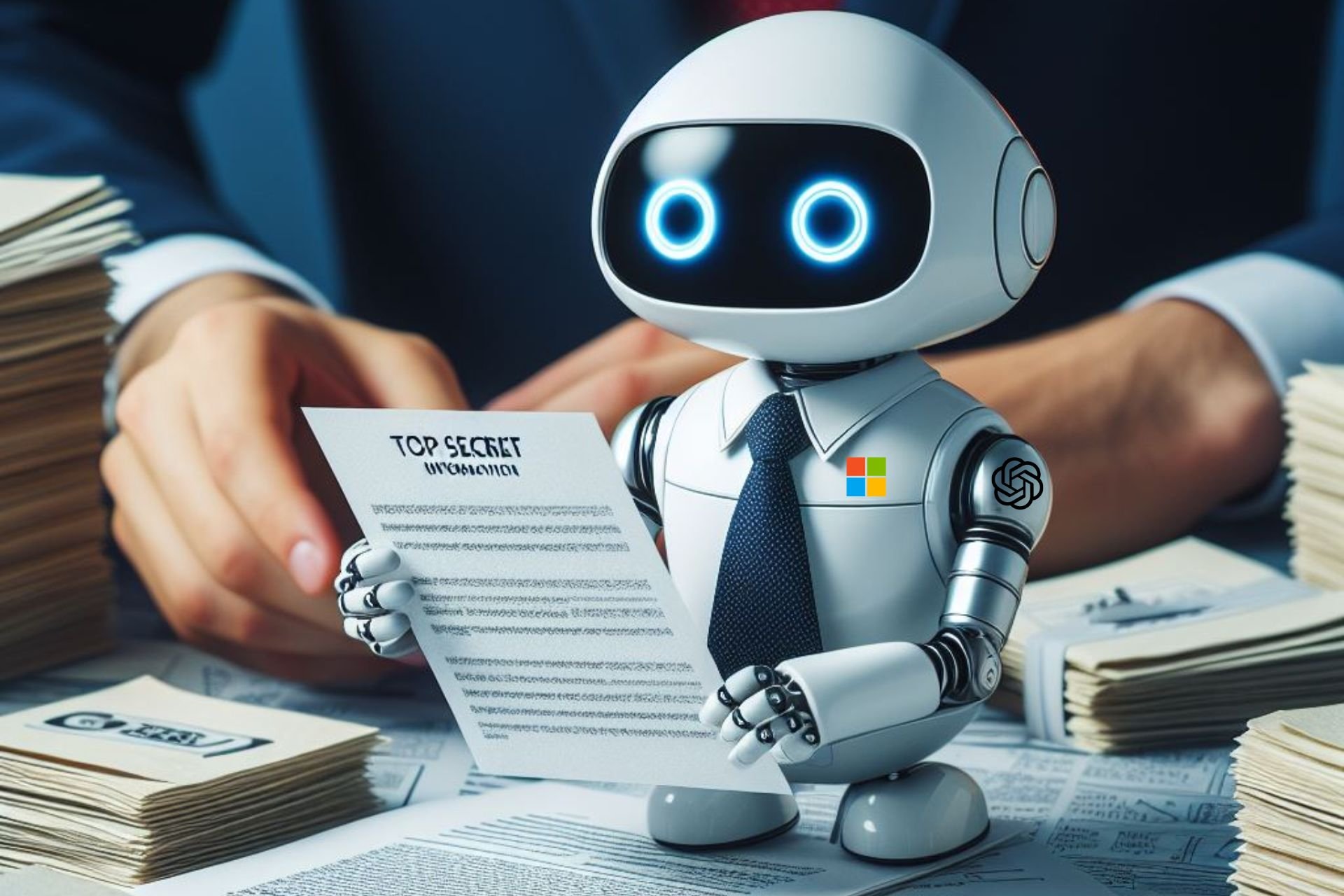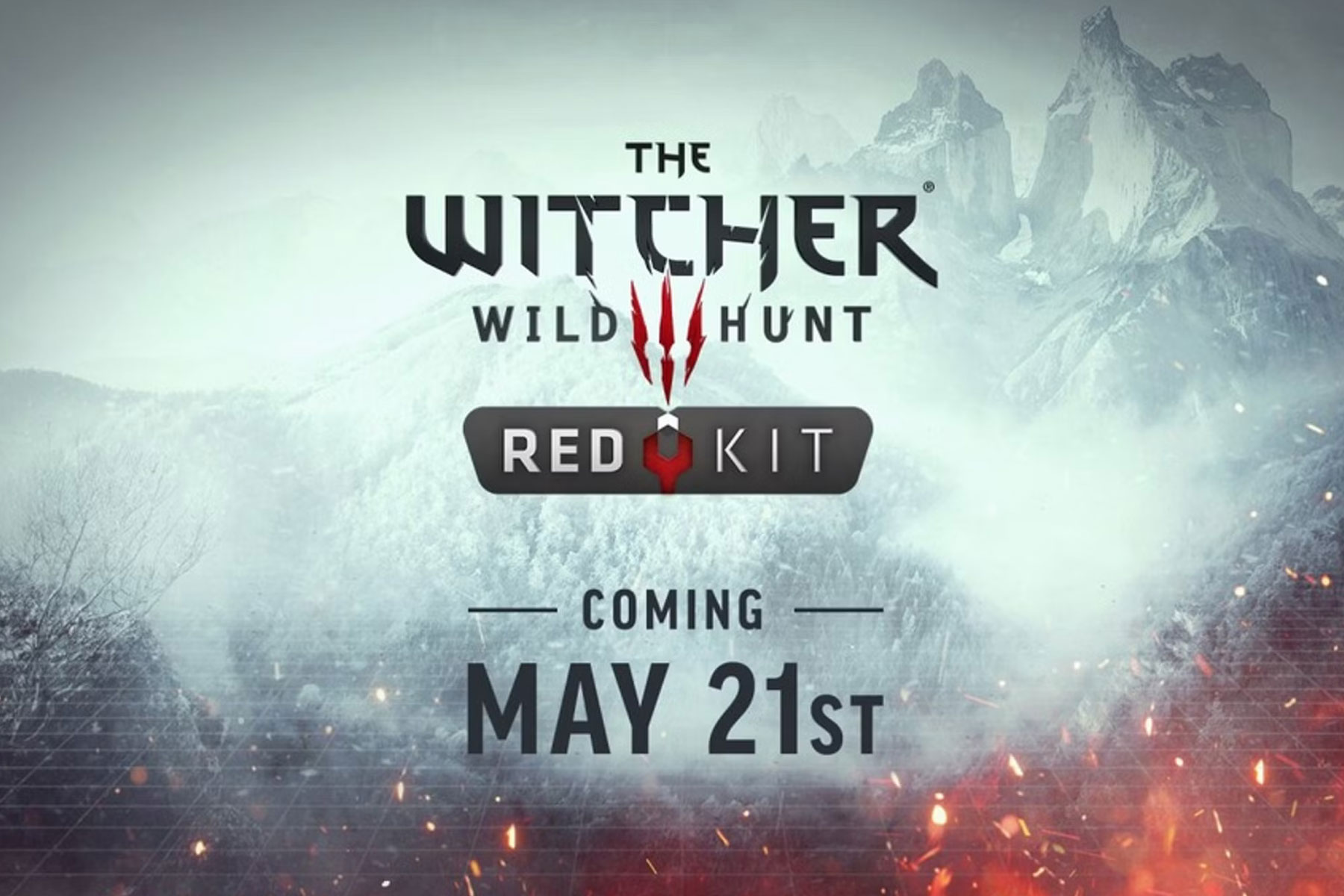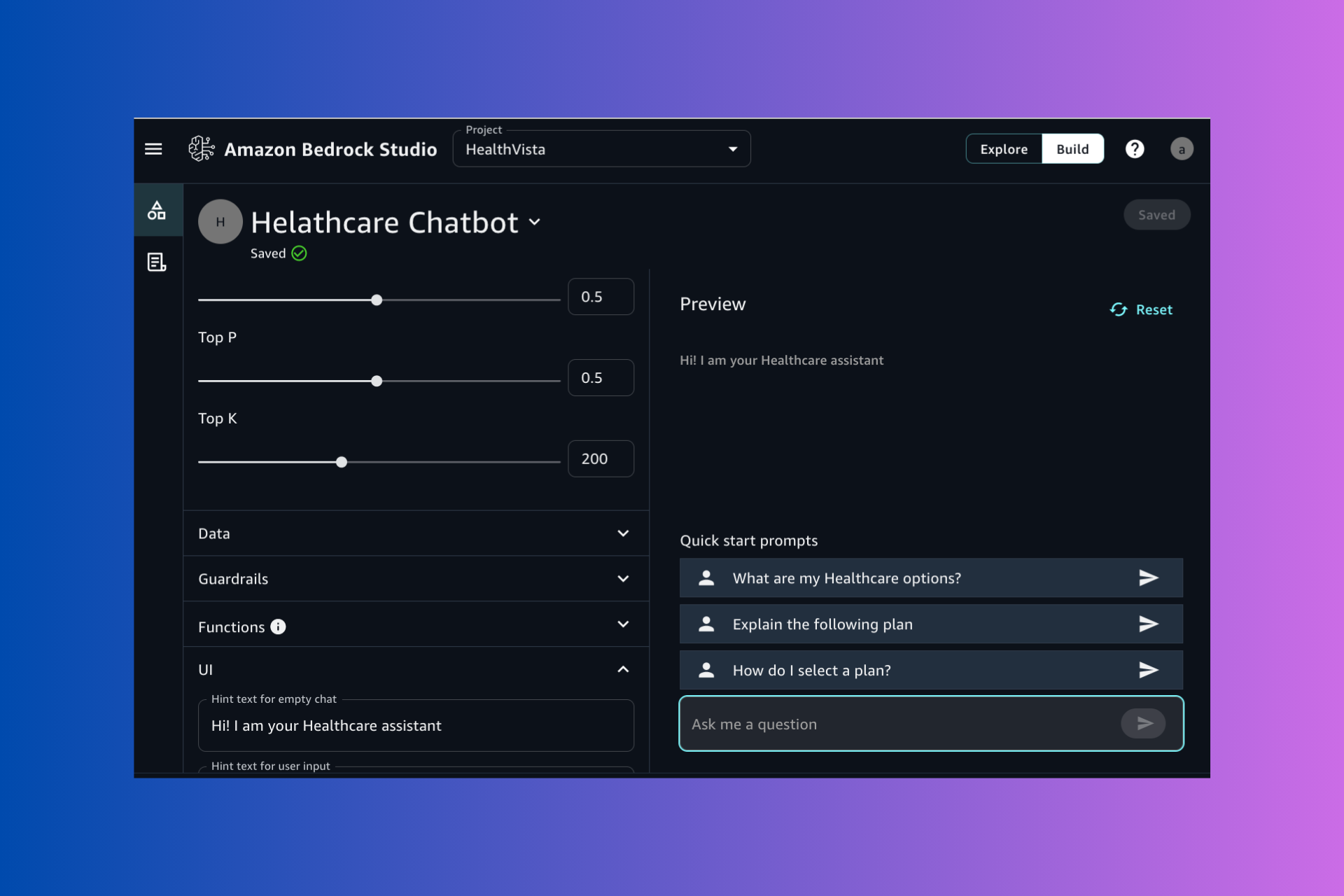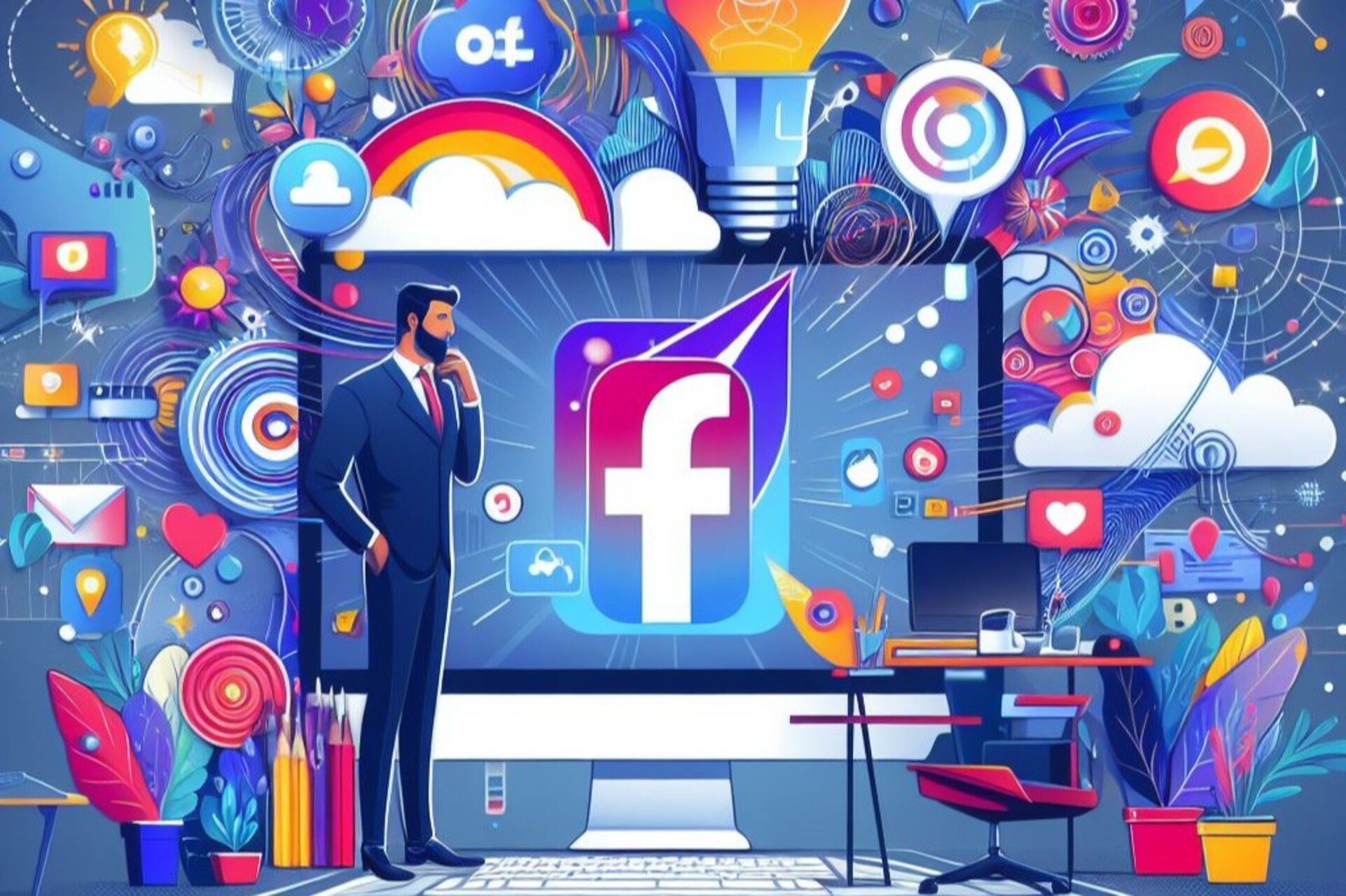Microsoft will reportedly release the 'groundbreaking' Windows AI in 2024
Windows AI could be released in September/October 2024.
4 min. read
Updated on
Read our disclosure page to find out how can you help Windows Report sustain the editorial team Read more

2024 could be a huge year for Microsoft, as the Redmond-based tech giant is planning to release some of its most important and breakthrough products and services yet. According to Zac Bowden of Windows Central, Microsoft might release Windows AI, code-named Hudson Valley, next year.
The Windows AI Hudson Valley platform will reportedly be based on another Windows client, code-named Germanium, released before the AI-based operating system.
We’ve known for some time that Microsoft is planning on adding more AI features to Windows, and we’ve even covered a story where we speculated that Windows 12, the purposely next iteration of Windows, will somehow come alive thanks to AI capabilities, to offer a far more personalized experience to users.
The speculation back then was based on Microsoft gathering a team of AI experts, including engineers and researchers, to build an AI capability ready to ‘delight the customers’. We think this is about Windows 12 (which is reportedly being released in June 2024), and if we take a look at what Zac Bowden from Windows Central reported, then Microsoft will indeed provide a highly personalized experience with the next version of Windows.
Windows AI: What’s the timeline for the release and what to expect?
According to Bowden, the Hudson Valley Windows AI version will be ready for manufacturing (RTM) by April 2024, however, the update will finalized in August, and it will be released in September or October 2024.
So we have:
| Hudson Valley Windows AI | Roadmap |
| RTM | April 2024 |
| Finalized | August 2024 |
| Released | September/October 2024 |
The update will bring various AI capabilities, such as an advanced Copilot, and Bowden describes his sources told him these capabilities will be groundbreaking.
What to expect, though?
- A history/timeline for Windows apps, which users can access through Copilot, using specific criteria, and natural language, something Microsoft has already been playing it for OneDrive.
- An advanced search engine within Windows, that will also use natural language. If you don’t remember something by specific data, you can just use natural language and the OS will find it for you that way.
- A feature called Super Resolution reportedly uses NPU hardware to automatically scale the quality of video content and video games.
- A Live Caption feature, that will effectively translate media content (video and audio) in real time.
- AI Wallpapers. Windows AI will reportedly be able to create interactive wallpapers that will engage with your mouse, cursor, or controllers. Whatever this means, we will have to wait and see, though.
- Huge improvements to battery life on devices running Windows AI. Bowden says they will be able to extend battery life by up to 50% on certain hardware.
- Windows AI will also add a Creator startup area that contains all the Microsoft 365 apps and products ready to be open at any moment.
It’s important to mention that Windows AI does not mean Windows 12. It can be the next iteration of Windows 11 or just a Windows frame to use as a foundation for the next Windows versions. Let’s not forget Windows 10 is still the most popular around, with over 1 billion users still on it. Microsoft just announced that Windows 10 EOS will be extended but users will have to pay a subscription to enjoy it.
On the other hand, Windows 11 is out, but it still lacks popularity. With little over 400 million users, Microsoft had to release Copilot on Windows 10 to test its adoption rate, as Windows 11 proved to be insufficient.
But even if it is so, the features alone make Windows AI a very exciting operating system to look forward to. To learn more about this subject, be sure to visit our Microsoft’s Copilot: Paving the way for AI computing in 2024 article.
If Microsoft somehow succeeds in making Windows users excited about AI, then Windows AI might actually stand a chance.
What do you think, though?



